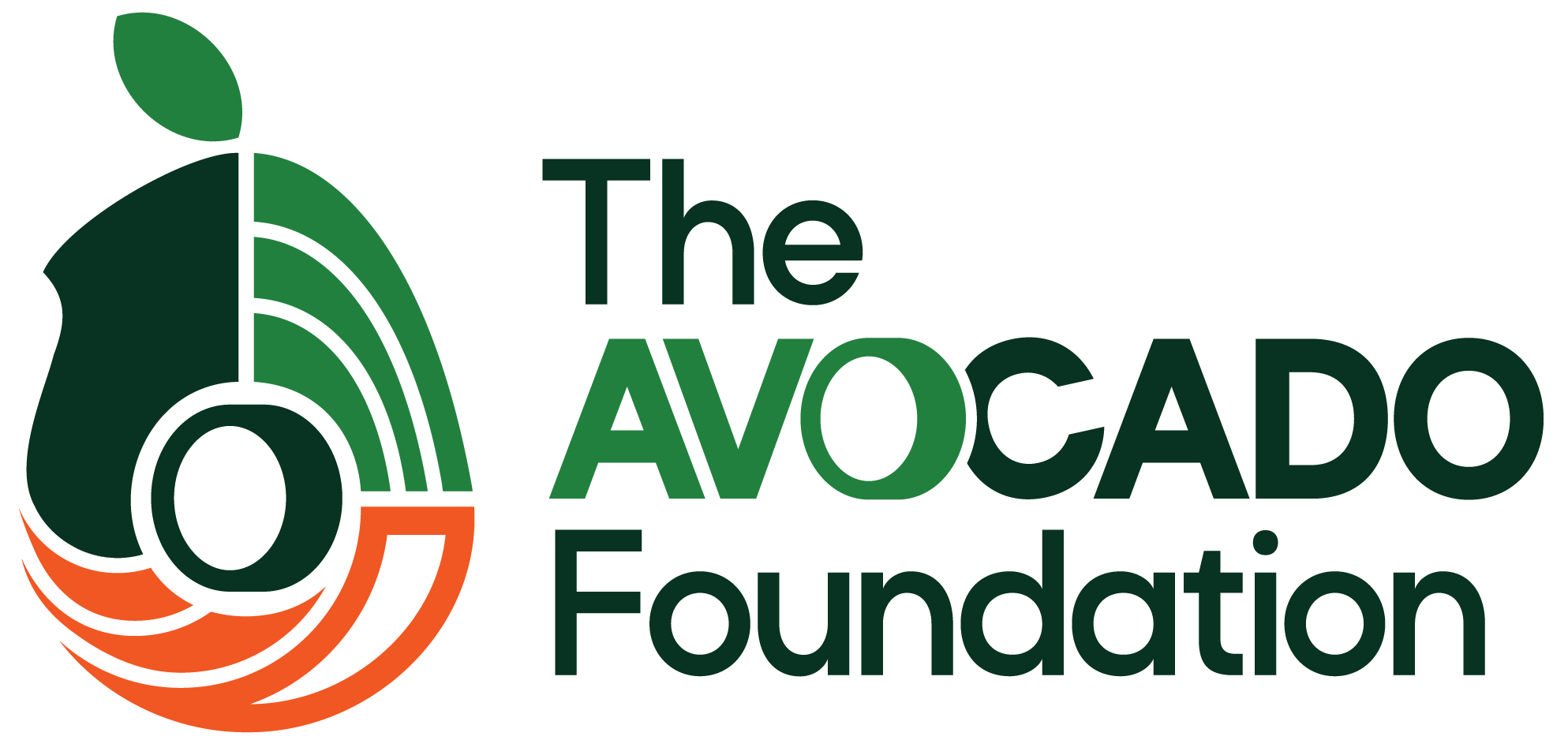We welcome the Charity Commission’s update on its position with respect to diversity in the charity sector as part of a recent consultation response. However, we struggle to understand the concerns it articulates around diversity data reporting in the Annual Return.Given that in the majority of cases a nominated respondent completes the Annual Return on behalf of charities (some of which have a large trustee population), we think there is a significant practical risk to requiring a nominated respondent to gather and share special category demographic data about others, which they may not currently collect, rather than trustees having the opportunity to self-certify and declare this data about themselves.
The Charity Commission
‘Consultation outcome: Revisions to the Annual Return 2023-25: consultation response.’ Updated 21 December 2022. Though vague, it implies that any demographic data not directly self-reported by individuals are inherently inaccurate.
The idea that a regulator should refrain from asking for aggregated data in an annual report or return because of a risk that regulated bodies might report it inaccurately would not fly in any other sector, or for any other type of data, and it should not fly here. The Financial Conduct Authority (FCA) has just asked for precisely this data from listed companies in their annual reports under PS22/3. Gender pay gap data is collected, analysed, and reported by employers to the Government Equalities Office. Data collection and aggregation by regulated bodies, followed by reporting to the regulator, is simply how regulatory data collection works.You can’t fix what you can’t see, so unless you’re gathering the data, you’ve got no chance of doing anything about it, I would suggest.”
Maurice Mcleod
Earning Trust: How do we Design Fair, Impactful and Equitable Charity Diversity Data? (07/07/22) “I would agree that reporting data is not necessarily the driver of change. But the production of data and the understanding of that data, apart from anything else, it generates conversations externally. And it makes it possible for people to hold organisations to account. But probably even more importantly, it actually generates those conversations internally. And it makes the team, makes the executives, makes the trustees actually think, to some degree at least, about what it is that’s happening in their own organisation.”
Jane Ide
Earning Trust: How do we Design Fair, Impactful and Equitable Charity Diversity Data? (07/07/22)AmickyCarol Akiwumi MBE, Founder and CEO of Money4YOU, said: “The Charity Commission has offered no real evidence to support its concerns and no comparison to best practice in other sectors facing similar challenges. It does not appear to have asked charities what support they would need to ensure accurate diversity data reporting. We are truly concerned by this unilateral approach.”
The Commission’s consultation response commits to “understanding the barriers to increasing the diversity of trustees,” including “whether there are other opportunities to collect data on the trustee population.” Our understanding is that this could refer to the My Charity Commission Account system announced last year. We have privacy concerns about individuals being asked to disclose their protected characteristics directly to the Commission, particularly through a centralised online system that would be inherently at risk of cyberattack. This is why we proposed anonymised reporting, aggregated per charity rather than per individual, with a ‘Prefer not to say’ option in all data fields, in line with FCA PS22/3.
In any case, the Commission has not specified what “other opportunities” for data collection might mean. If the Commission feels it can dismiss one option out of hand while maintaining a commitment to closing the diversity data gap, it should offer specific proposals. Its current level of inaction prolongs the problems that the gap is causing. Further, in several external conversations during this campaign, several influential organisations have told us they cannot take a public position on our proposal because of the closeness of their existing relationship with the Charity Commission or with DCMS, despite expressing support for the campaign privately.
“Is this really how charities are supposed to operate? The gap between what organisations think in private and what they are willing to say in public prevents us from having honest conversations about change,” says AmickyCarol Akiwumi.
We support discretion and the careful formulation of policy, but taking one position in private and another in public is not transparent and accountable policy-making: it simply closes down the conversation. We find the level of institutional secrecy we have encountered deeply troubling.
About Money4YOU
Money4YOU is a Black, Asian, Multi-Ethnic and Refugee (BAMER)-led UK charity that exists to eradicate the economic inequalities experienced by under-represented youth, non-profits and entrepreneurs. Founded in 2014 by Carol Akiwumi MBE, we run the AVOCADO+ programme, the UK’s only dedicated accelerator programme for BAMER-led charities and social enterprises, in addition to our youth financial education work and our overseas programme of social entrepreneurship support.
Our website is money4you.org and our campaign page, which contains the open letter, is at money4you.org/operationtransparency

